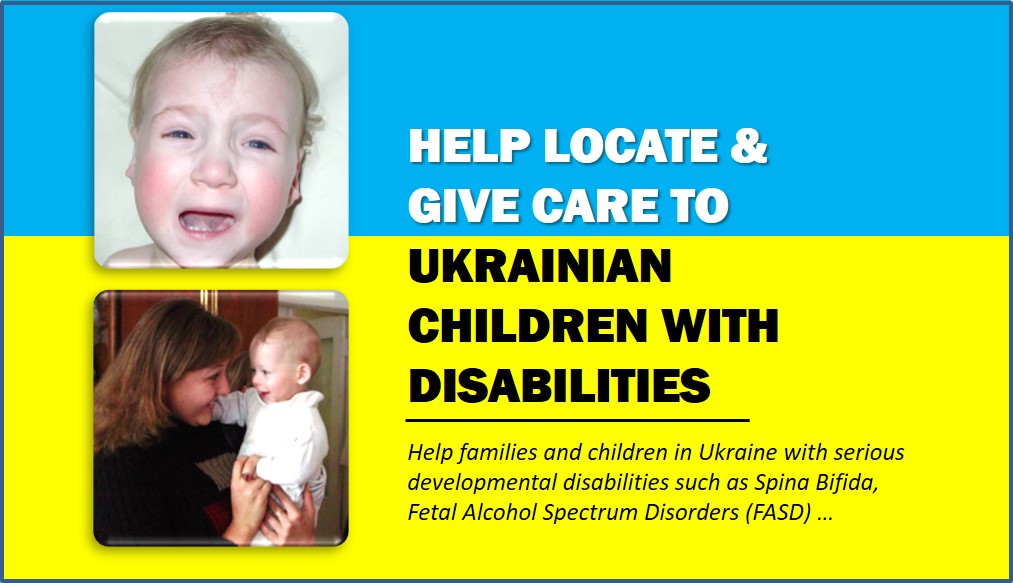BEIJING MANIFESTO
On Birth Defects and Disabilities in the Developing World
September 2005
Beijing, China
In September 2000, at the dawn of the third millennium, the 191 United Nations Member States unanimously adopted the United Nations Millennium Declaration, which established targets for reductions in poverty, protection of the environment, and improvements in health and education. Members pledged to meet eight Millennium Development Goals, prepared as a roadmap for implementing this Declaration, by 2015.
One of the Millennium Development Goals calls for two-thirds reduction in the 1990 mortality rate among children under age five by 2015, with infant mortality rate among children under age five by 2015, with infant mortally as one indicator of progress toward this target. Neonatal deaths are accounting for an ever increasing proportion of infant deaths: among 10.8 million children who die every year, almost 4 million – more than one-third – are less than 1 month age. The most common cause of neonatal death is birth defects.
In recent decades in countries where infant mortality due to infectious diseases has been reduced through vaccination and improved medical treatment, mortality due to birth defects and genetic diseases. Increasing folic acid intake among women of childbearing age through daily supplementation with 400 μg of folic acid or through fortification will reduce the occurrence of neural tube defects. Universal iodization of salt will reduce mental retardation due to iodine deficiency. Finally, implementing rubella vaccination programs for young women will prevent congenital rubella syndrome and its associated birth defects, miscarriage, mental retardation and death. Until governments focus on preventing birth defects, infant mortality will continue to be unacceptably high, and reduction in child mortality will be hindered.
The participants at this conference call upon government leaders, health care providers, and NGOs in the developing world to take the following actions:
- Identify centres of expertise within their regions and establish networks to share information.
- Conduct a needs assessment and identify needs and interventions that are feasible and appropriate in their countries
- Develop country prevention plan based on needs assessment to be presented at next conference
We must educate the public about birth defects and genetic diseases. We strongly support the Chinese Government’s proposal: designating September 12th as “World Birth Defect Prevention Day”. We must continue to collaborate to establish and maintain birth defects surveillance and monitoring systems, foster research on the causes and prevention of birth defect and genetic diseases, and establish sustainable, technologically appropriate interventions for the prevention and care of these conditions, including the provision of genetics services.
No matter our own personal interests, or the concerns of the countries we represent, we are all working for the same goal: a future where all babies are born healthy and where every child born with a birth defect receives appropriate care, and can grow up to live a productive and healthy life.
All countries in the developing world should unite for a future of Healthy Children throughout the world!






